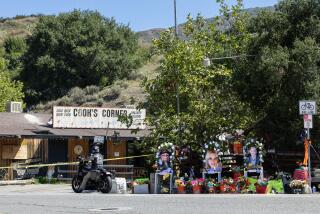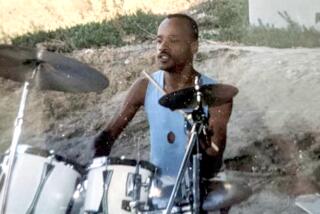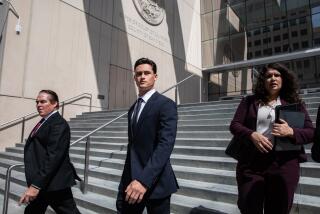Newtown police 911 tapes to be released Wednesday
- Share via
Recordings of the 911 emergency calls made to Newtown, Conn., police on the day of the Sandy Hook Elementary School massacre will be made public on Wednesday, town officials announced Monday.
The announcement means that state officials have decided not to appeal last week’s court ruling that the recordings should be made public. In a bare-bones statement, State’s Attorney Stephen Sedensky III, the lead prosecutor in Danbury, Conn., gave no reason for dropping further legal action.
“After consultation with the Office of the Chief State’s Attorney and the attorney for the Town of Newtown, who is a party to the appeal in the Superior Court, we have decided not to pursue an appeal on the denial of the application for a stay,” Sedensky said in a statement emailed to reporters.
“The recordings will be released at 2 p.m. on Wednesday,” Town Attorney David Grogins told the Los Angeles Times by phone. The recordings are on a CD, copies of which will be available at his law office, at Cohen & Wolf in Danbury.
According to Grogins, the material is seven calls running about 25 minutes.
All of the calls were made to the Newtown police, town officials said. Calls to State Police are not among those to be released.
On Dec. 14, 2012, Adam Lanza, 20, shot his way into the school and killed 20 children and six educators with a semiautomatic rifle. He began his shooting spree by killing his mother, Nancy, in the home they shared and ended it by committing suicide in the school building.
Sedensky has been investigating the incident for almost year. In a report last week, he said Lanza acted alone, with deliberation. Lanza was mentally ill, the report said, and officials could not determine a motive for the attack.
Sedensky had sought to withhold some of the 911 calls to protect the victims and their families. The Associated Press had sought the recordings in part to examine the police response to the massacre.
A state Freedom of Information Commission had ruled the recordings should be made public. The case went to court and Judge Eliot Prescott ruled against Sedensky.
“Delaying the release of the audio recordings, particularly where the legal justification to keep them confidential is lacking, only serves to fuel speculation about and undermine confidence in our law enforcement officials,” the judge wrote.
ALSO:
Same-sex weddings begin in Hawaii
Two arrested in killing outside NFL game in Kansas City
Weakest Atlantic hurricane season in decades comes to a close
More to Read
Sign up for Essential California
The most important California stories and recommendations in your inbox every morning.
You may occasionally receive promotional content from the Los Angeles Times.











